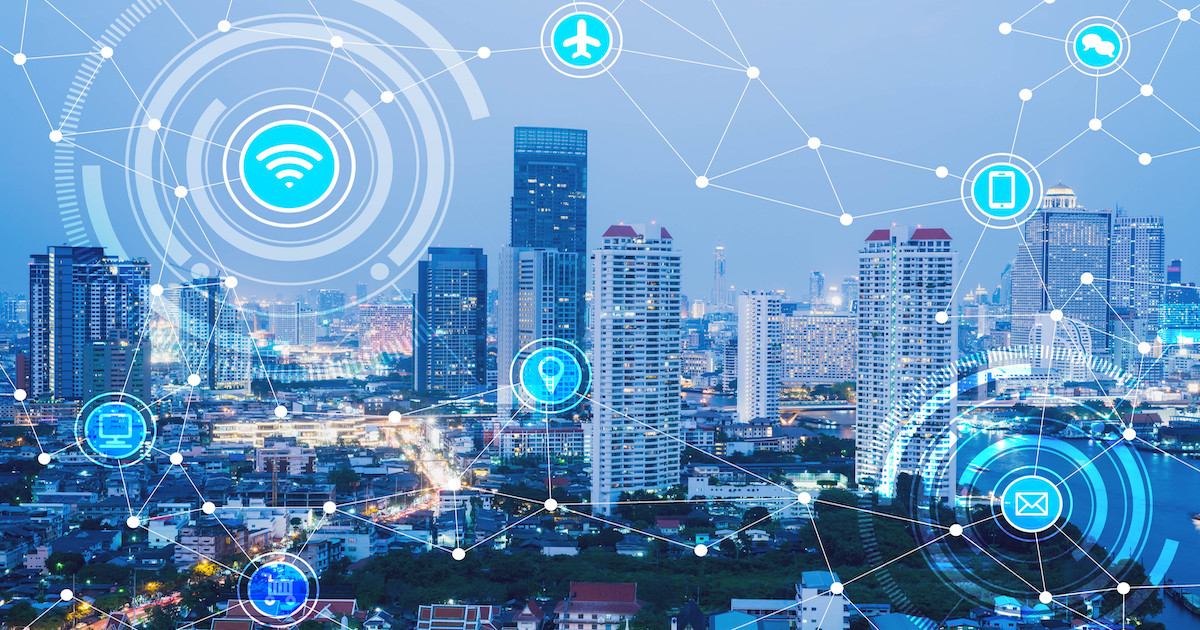
AI in Urban Planning: Building Smarter Cities
AI in urban planning.The rapid urbanization of the 21st century presents unique challenges and opportunities for city planners and administrators. Integrating AI technology into urban planning has proven transformative, enabling cities to become more efficient, sustainable, and livable. Below, we explore how an AI company can harness the latest advancements to contribute to the development of smarter cities.
Enhancing Infrastructure with Predictive Analysis
AI technology has brought predictive analysis to the forefront of urban planning. By analyzing extensive data sets from traffic patterns, weather trends, and infrastructure usage, predictive models can forecast future needs and potential issues. This allows planners to address concerns proactively, preventing costly problems down the road. AI companies play a crucial role in developing tools that gather and process data, enabling city officials to make informed decisions that enhance infrastructure longevity and efficiency.
Traffic Management and Mobility Solutions
One of the most pressing challenges for growing urban areas is traffic congestion. AI-driven solutions can optimize traffic flow by adjusting signals based on real-time data and predicting traffic surges. This technology also supports the development of smarter public transit systems, suggesting more effective routes and schedules. AI companies involved in mobility solutions are making cities more navigable and reducing emissions by promoting smoother traffic and encouraging the use of public transport.
Smart Energy Management
Efficient energy use is vital for modern cities striving for sustainability. AI-powered systems enable better energy distribution by analyzing consumption patterns and predicting demand surges. This leads to reduced waste and improved energy conservation. AI companies collaborating with urban planners can implement systems that optimize power grids, integrate renewable energy sources, and ensure that resources are utilized effectively.
Urban Safety and Surveillance
Safety is a top priority for any city, and AI technology contributes significantly to creating safer urban environments. Advanced surveillance systems equipped with machine learning can detect unusual activities and identify potential threats faster than conventional methods. This real-time analysis helps local authorities respond promptly, reducing crime rates and enhancing public safety. AI companies developing such technologies ensure that cities stay ahead in terms of safety measures while respecting privacy regulations.
Sustainable Waste Management
The efficient handling of waste is essential for a healthy urban environment. AI solutions can streamline waste collection routes, identify areas with higher waste generation, and suggest optimal disposal strategies. Machine learning models can also assist in sorting and recycling waste more effectively. AI companies focusing on sustainability provide innovative tools that help cities implement smarter waste management practices, resulting in cleaner streets and reduced landfill dependency.
Urban Planning with Digital Twins
Digital twin technology has revolutionized how urban planning projects are approached. These virtual replicas of city systems allow planners to simulate various scenarios and evaluate the outcomes before implementation. This approach reduces risks and enhances decision-making accuracy. AI companies offering digital twin platforms empower urban planners to foresee the impact of construction projects, road modifications, or environmental initiatives without disrupting daily life. The use of digital twins accelerates development while ensuring thoughtful, data-driven decisions.
Public Health and Emergency Response
AI-driven systems are crucial for public health management and emergency response planning. From monitoring air quality to tracking the spread of diseases, these solutions help cities maintain healthier living conditions. In emergency situations, AI can analyze data to predict the spread of natural disasters or allocate resources effectively during crises. AI companies that provide predictive and analytical tools support urban planners in safeguarding communities and improving residents’ overall well-being.
Intelligent Water Management
Water is one of the most vital resources for any city. AI-powered monitoring systems can detect leaks, predict shortages, and ensure equitable distribution of water. By leveraging real-time data, urban planners can manage water networks more efficiently and respond to issues swiftly. AI companies involved in water management solutions contribute to sustaining this critical resource, ensuring that cities can meet the needs of their growing populations without waste.
Integrating Green Spaces and Urban Biodiversity
Preserving green areas within cities is crucial for environmental health and resident well-being. AI tools assist urban planners in identifying optimal locations for parks and green spaces, evaluating their impact on local ecosystems, and ensuring they contribute to urban biodiversity. AI companies developing ecological assessment tools help integrate natural elements into cityscapes, promoting balanced development that prioritizes environmental sustainability.
Streamlined Urban Design and Construction
The use of AI in construction has streamlined design processes and made urban development more efficient. Machine learning models can create optimized building layouts and construction schedules, ensuring projects meet deadlines and stay within budget. The involvement of AI companies in construction technology simplifies complex projects and improves coordination among architects, engineers, and planners.
The Future of Urban Living with AI
The integration of AI technology in urban planning is more than a trend—it is a necessity for future-ready cities. From enhancing infrastructure and managing energy to promoting public safety and sustainability, AI companies play an instrumental role in shaping modern urban landscapes. Cities that embrace these technological advances position themselves as pioneers in smart urban development, paving the way for more connected, efficient, and livable environments.





Leave Your Comment